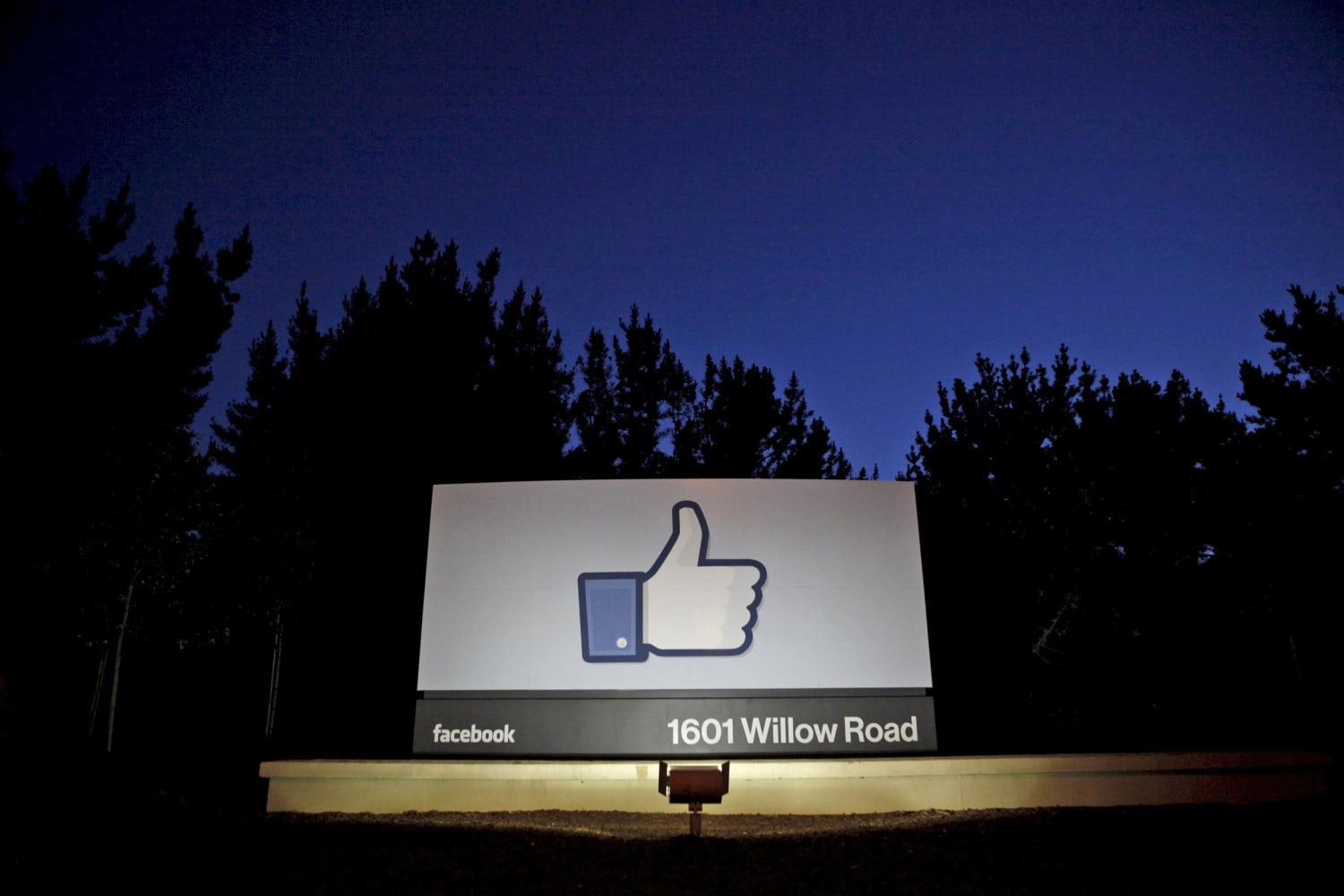
Eric Luedtke, a Democratic Maryland state delegate, wants to tax big tech companies to help fund the state’s K-12 education.
And if other states follow suit, so be it.
“States tend to riff off of each other in making policy,” Luedtke said. “And often with these types of things, you’ll have one state which will serve as a test case that will go through the courts and then, you know, if the courts say, ‘This is ok,’ then you see other states start doing it, too.”
That court OK is up in the air. Maryland’s new tax, which the state Legislature passed by overriding a veto from Republican Gov. Larry Hogan, establishes a duty on all digital advertising revenues for companies making over $100 million in ad revenue globally each year.
And while it is set to start next month, the law is the target of a lawsuit from major tech companies and industry groups that argue it violates the Internet Tax Freedom Act (ITFA), a 1998 federal law that prevents “state and local governments from taxing internet access, or imposing multiple or discriminatory taxes on electronic commerce,” according to the Congressional Research Service.
How that lawsuit plays out will have major implications for state-based efforts to raise taxes on tech companies. Even a loss could provide states with something of a playbook for how to proceed.
“Maybe short term there will be problems with the tax,” said Lilian Faulhaber, a Georgetown University law professor specializing in tax law. “But if lots of states follow Maryland, and lots of states are thinking about it because they need revenue in the wake of Covid and because there’s a demand on the part of citizens to tax Big Tech, this may actually sort of push for some reforms to the ITFA.”
When Congress passed the Internet Tax Freedom Act, the moratorium on taxing internet access and electronic commerce was supposed to last three years, but has been renewed eight times.
Groups representing state governments, including the National Governors Association, have called for more state oversight to tax internet companies. In testimony before the Senate Committee on Commerce, Science and Transportation in 2007, the director of federal relations for the group called on Congress to “examine the scope of the moratorium in light of technological advancement,” and to update the act’s definitions “to ensure they reflect congressional intent and do not unnecessarily interfere with state taxing authority.”
The Maryland lawsuit, filed by the U.S. Chamber of Commerce and a coalition of industry groups and companies including Amazon, Google and Facebook, alleges violations of the Internet Tax Freedom Act and the Constitution’s commerce and due process clauses.
“Ultimately, this is just such bad tax policy and it is illegal,” said Stephen Kranz, a partner at McDermott Will & Emery and counsel to the plaintiffs against Maryland’s law. “It will get defeated. It’s not a matter of if, it’s a matter of when.”
But like other internet regulations passed in the 1990s, including the Communications Decency Act and its Section 230, which gives social media companies protection from being sued for user content published to their platforms, the Internet Tax Freedom Act has come to be seen by some as outdated.
“The original version was drafted and passed in 1998, which, you know, the internet was a very different place back then,” Faulhaber said.
There are already states following Maryland’s cue. In Connecticut, a bill has been introduced in the state Legislature that would leverage taxes on annual gross revenue from social media advertising in the state. A bill introduced in the New York Legislature’s previous session would have levied a sales tax on digital advertising.
Whether Maryland wins the lawsuit could depend on a similar case from South Dakota, which imposed a sales tax on businesses with gross revenue from sales in the state of over $100,000 even if the businesses did not have a presence in the state. The Supreme Court in 2018 upheld the law, allowing South Dakota to collect sales taxes from large out-of-state vendors. The ruling overturned a previous Supreme Court decision that the justices now said was no longer constitutional or applicable, given the changing media landscape.
By the end of 2018, 31 states had imposed a sales tax on large out-of-state retailers.
Faulhaber said she expects the same avalanche of state legislation if Maryland’s digital ad tax is deemed constitutional.
“If Maryland’s tax goes forward, a lot of other states are going to follow,” she said. “Even if a company doesn’t have a lot of revenue at stake in Maryland, they may still be opposed to this because they’re concerned that they could have a lot of revenue at stake in other states.”
Maryland Senate President Bill Ferguson, a Democrat and the state’s biggest champion for the new tax, said he is confident in the legality of the new law.
Companies are making money from digital ads in Maryland and the Constitution allows states to regulate business inside their borders, he said.
“I find it pretty troubling that there would be any insinuation that states do not have the right to regulate the corporate activity that happens within the state’s borders,” he said. “I don’t think that’s how our Constitution was set up, and I would suggest that anybody that argues otherwise, you know, should really think carefully about what that means about their belief in our constitutional system of government.”
Source: | This article originally belongs to Nbcnews.com










